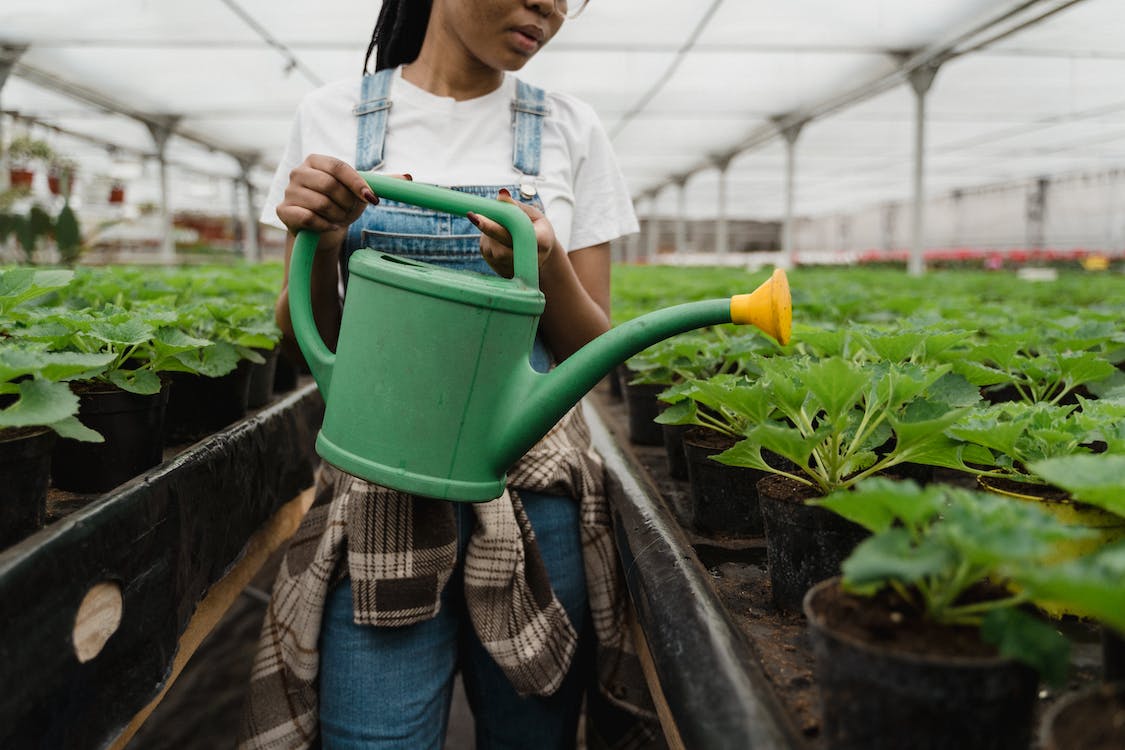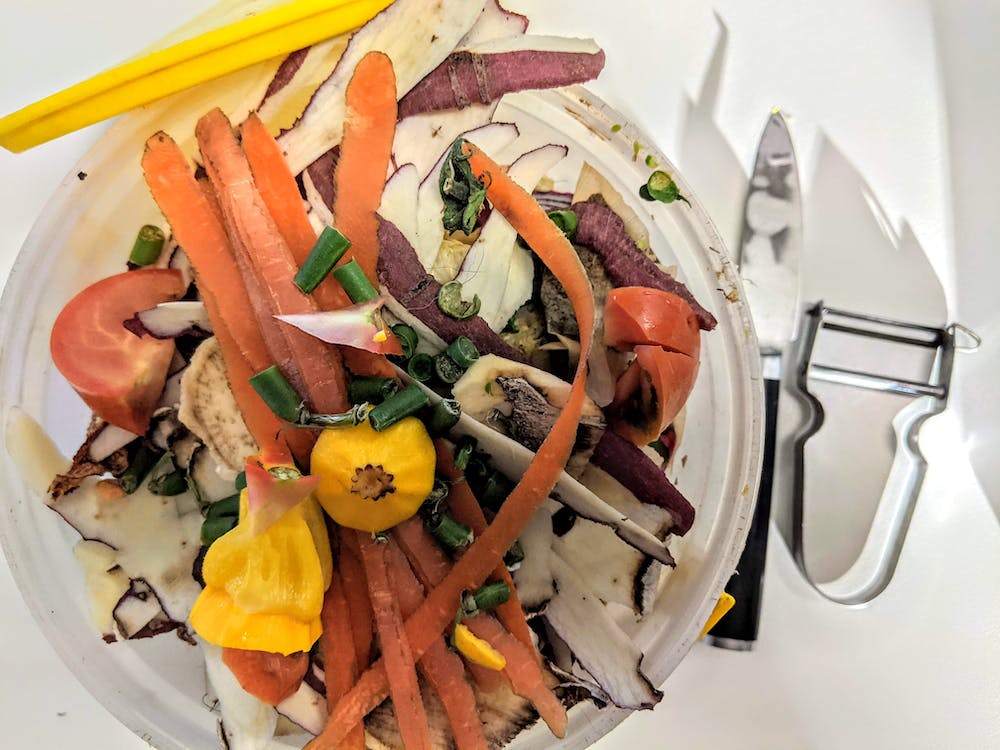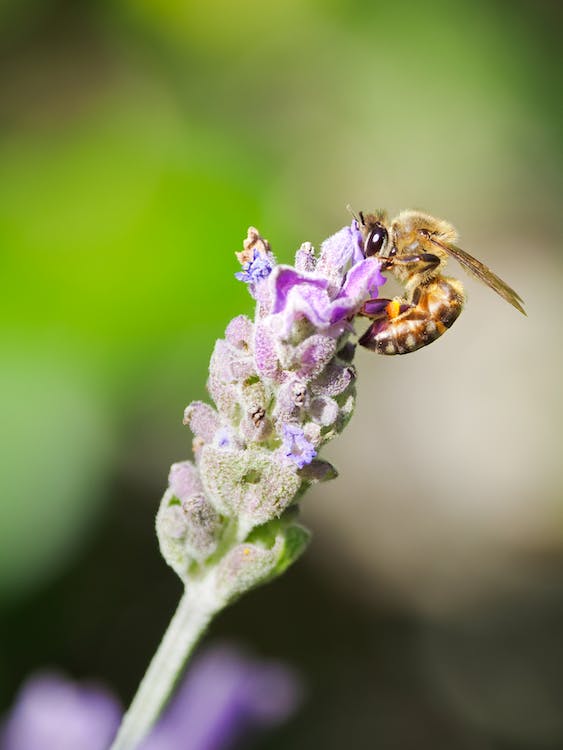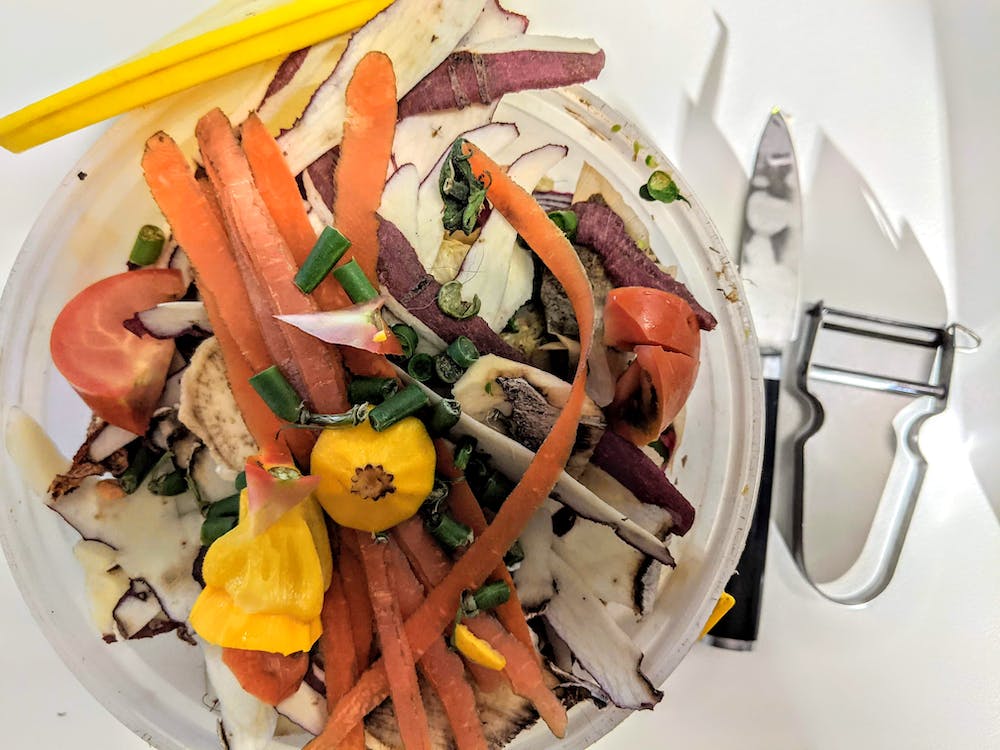Green Gardening Practices for Your Home Garden in South Africa

Green gardening practices are not only environmentally friendly but also beneficial for your home garden in South Africa. They can help conserve resources, reduce waste, and promote a healthier ecosystem in your outdoor space. In this article, we’ll explore a few green gardening practices that you can implement to create a sustainable and thriving garden in South Africa.
Composting: Composting is a simple and effective way to reduce waste and enrich your garden’s soil. South Africa’s diverse plant life benefits from nutrient-rich soil, making composting an ideal practice. Collect kitchen scraps, yard waste, and organic materials, and create a compost pile or bin. As the materials break down, you’ll have a ready supply of organic matter to improve soil fertility and structure.
 Water Conservation: South Africa often faces water shortages, especially during the dry summer months. To conserve water in your garden, consider installing a rainwater harvesting system. Collecting rainwater in barrels allows you to use a natural and free water source for your garden. Additionally, practice efficient watering techniques such as drip irrigation or soaker hoses to minimize water wastage.
Water Conservation: South Africa often faces water shortages, especially during the dry summer months. To conserve water in your garden, consider installing a rainwater harvesting system. Collecting rainwater in barrels allows you to use a natural and free water source for your garden. Additionally, practice efficient watering techniques such as drip irrigation or soaker hoses to minimize water wastage.
Native Plants and Drought-Tolerant Species: Choose native plants and drought-tolerant species for your garden. Native plants are adapted to South Africa’s specific climate and soil conditions, requiring less water and maintenance. Drought-tolerant plants like aloes, succulents, and indigenous shrubs can thrive even in dry spells, reducing the need for excessive watering.
Mulching: Applying mulch to your garden beds helps retain soil moisture, suppress weeds, and regulate soil temperature. Use organic mulch materials such as wood chips, straw, or leaves. Mulching not only conserves water but also enriches the soil as the mulch breaks down over time.
Integrated Pest Management (IPM): Implement an integrated pest management strategy to minimize the use of chemical pesticides. Encourage natural predators like ladybugs and lacewings to help control garden pests. Regularly inspect your plants for signs of infestations and use natural or organic remedies when necessary.
 Wildlife-Friendly Gardening: Create a garden that attracts and supports local wildlife. Plant nectar-rich flowers to attract pollinators like bees and butterflies. Provide water sources such as bird baths and consider installing birdhouses. A biodiverse garden not only benefits the environment but also enhances the beauty of your outdoor space.
Wildlife-Friendly Gardening: Create a garden that attracts and supports local wildlife. Plant nectar-rich flowers to attract pollinators like bees and butterflies. Provide water sources such as bird baths and consider installing birdhouses. A biodiverse garden not only benefits the environment but also enhances the beauty of your outdoor space.
Organic Fertilizers and Soil Amendments: Avoid chemical fertilizers that can harm the environment and opt for organic alternatives. Organic fertilizers and soil amendments like compost, manure, and bone meal provide essential nutrients to your plants while promoting soil health.
Green gardening practices are essential for maintaining a sustainable and thriving home garden in South Africa. By composting, conserving water, choosing native and drought-tolerant plants, mulching, practicing integrated pest management, supporting local wildlife, and using organic fertilizers, you can create an environmentally friendly garden that not only benefits your outdoor space but also contributes to the overall health of South Africa’s ecosystem. Embrace these practices, and your garden will flourish while reducing its impact on the environment.

Comments
Add comment